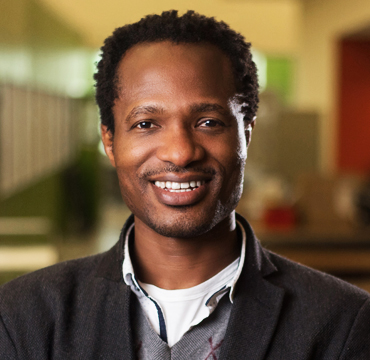A Nigerian neuroscientist and start-up founder has created a device that can be used to detect Covid-19, the smell of explosives and even cancer cells
A Nigerian neuroscientist and start-up founder has created a device that can be used to detect Covid-19, the smell of explosives and even cancer cells.
Oshi Agabi, a former roadside food vendor in Lagos, raised $30m to create Koniku Kore, the first device to fuse live neurons from mice stem cells into a silicon chip. It is being tested by aerospace corporation Airbus, and mass production and deliveries will begin in December.
Koniku, which means ‘immortal’ in the Nigerian Yoruba language, started in 2015.
A year after, it landed customers in the aviation and pharmaceuticals industries, like AstraZeneca, the UK-based pharma company, and Boeing, who both signed on with a letter of intent to use the tech in chemical-detecting drones.
At its unveiling, Agabi said it could one day revolutionize airport security, enabling travelers to walk from their car to the aircraft.
“We merged synthetic neurobiology with traditional silicon technology with the goal of fixing urgent real world problems,” Agabi said.
“Explosives have particles and smells coming off the individual and with our device you can tell, without requiring line of sight or contact, you can scan them at the time at a place of your own choosing and you can get into an aircraft and go about your business.”
A self-described “scrawny, nerdy kid,” Agabi grew up in the suburb of Surulere in Lagos, Nigeria and obtained a Bachelors degree in Physics from University of Lagos. He went on to do further studies in physics and neuroscience in Sweden and Switzerland.
“One of the things growing up in Lagos imparts in you is grit. Lagos is a place that demands grit. Growing up there gave me an unconventional way of always looking at problems,” he said.


